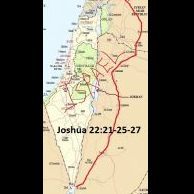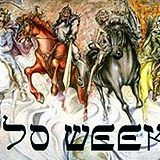IGNORED
Revelation 1:10 - "The Lord's Day". What is this scripturally?
-
Recently Browsing 0 members
- No registered users viewing this page.
-
Similar Content
-
- 42 replies
- 7,399 views
-
The Two Witnesses & The Detail Missed By The Experts 1 2 3 4
By Paul2,
- prophecy
- daniels 70 weeks
- (and 1 more)
- 32 replies
- 1,507 views
-
- 5 replies
- 389 views
-
- 1 reply
- 307 views
-
- 114 replies
- 2,568 views
-






Recommended Posts